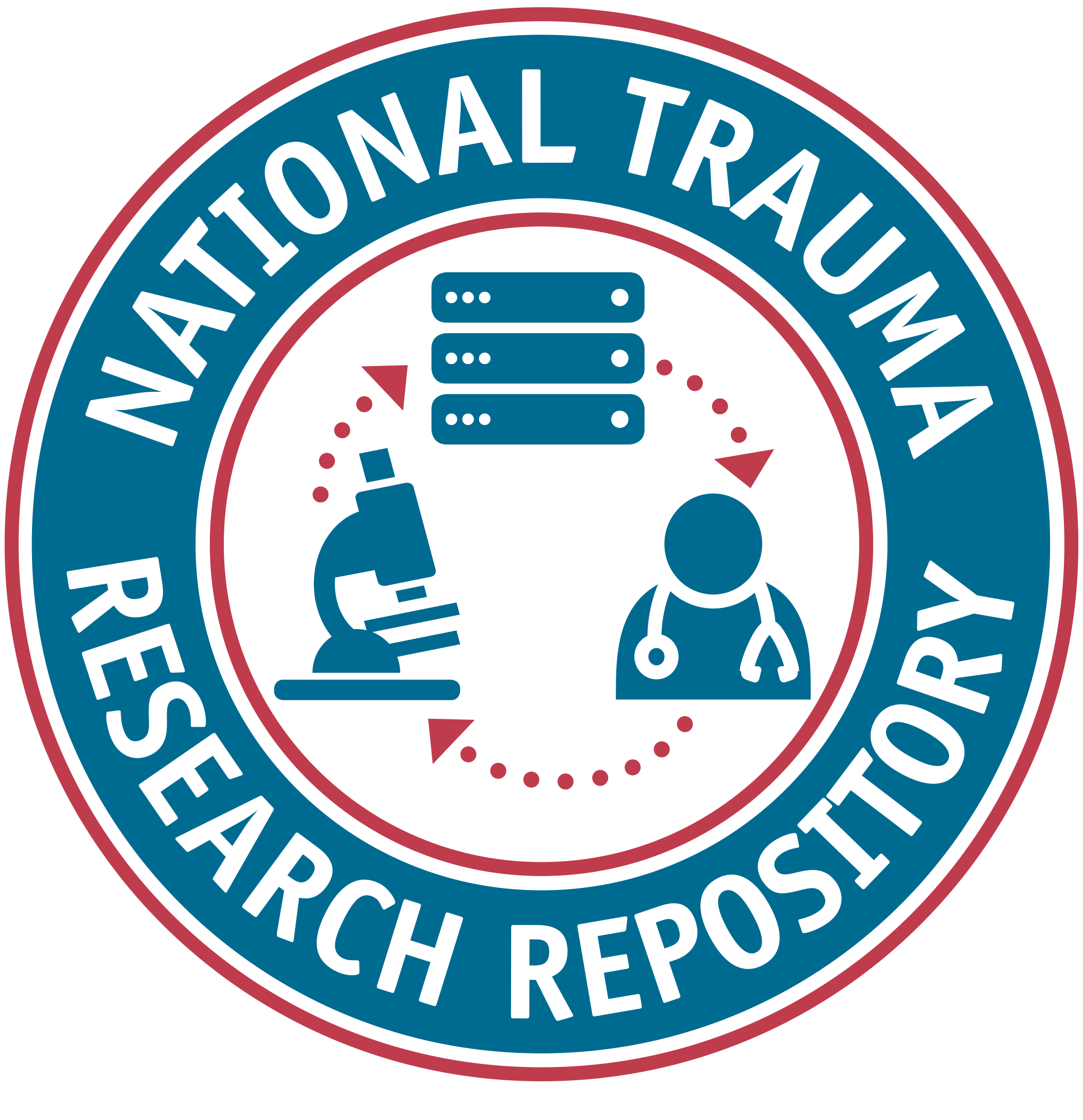Common Data Element: NIH Toolbox Sensation Domain Visual Acuity Test - Trial result type
Listed below are the details for the data element.
FITBIR
1.0
Element Type
Common Data Element
NIH Toolbox Sensation Domain Visual Acuity Test - Trial result type
NIHTBVATrialResultType
Short Description
Trial result type (correct or incorrect), as part of NIH Toolbox Sensation Domain Visual Acuity Test
Definition
Trial result type (correct or incorrect), as part of NIH Toolbox Sensation Domain Visual Acuity Test
Notes
Creation Date
2016-06-03
Historical Notes
References
Copyright 2006-2012 National Institutes of Health and Northwestern University. http://www.nihtoolbox.org/WhatAndWhy/Sensation/Vision/Pages/NIH-Toolbox-Visual-Acuity-Test-.aspx
Data Type
Alphanumeric
Input Restrictions
Single Pre-Defined Value Selected
Population
Adult and Pediatric
Guidelines/Instructions
The NIH Toolbox Visual Acuity Test directly measures participants visual acuity, or distance vision. The participant is seated 12.5 feet away from a computer monitor at eye level, and letters (called optotypes) are displayed one at a time on the screen for the participant to identify, using both eyes at the same time, with the participant wearing his/her normal corrective lenses for distance vision (glasses or contact lenses, if worn). As the participant successfully identifies optotypes of a given size, smaller ones appear on the screen, until the computer program ascertains the smallestPsize optotype the participant can successfully see. Conversely, the program displays larger optotypes if the participant cannot see the letter size that is first displayed, until a size that he/she can accurately see is found. For participants ages 3 to 7 only the letters H, O, T, and V are used, and children may point to a laminated card showing the letters if they cannot verbalize or cannot recall the letter names. For participants ages 8 and above, the entire set of optotypes is used, following a common protocol used in professional vision testing. This test takes approximately three minutes to administer and is recommended for ages 3-85.
Preferred Question Text
Category Groups and Classifications
| Disease | Domain | Sub-Domain |
|---|---|---|
| Traumatic Brain Injury | Outcomes and End Points | Cognitive Activity Limitations |
| General (For all diseases) | Assessments and Examinations | Physical/Neurological Examination |
Classification
Traumatic Brain Injury:
Supplemental
Epidemiology
Acute Hospitalized
Moderate/Severe TBI: Rehabilitation
Concussion/Mild TBI
General (For all diseases):
Supplemental
Keywords
Vestibular
NIH_Toolbox
Sensation
Dynamic_Visual_Acuity_Test
Labels





